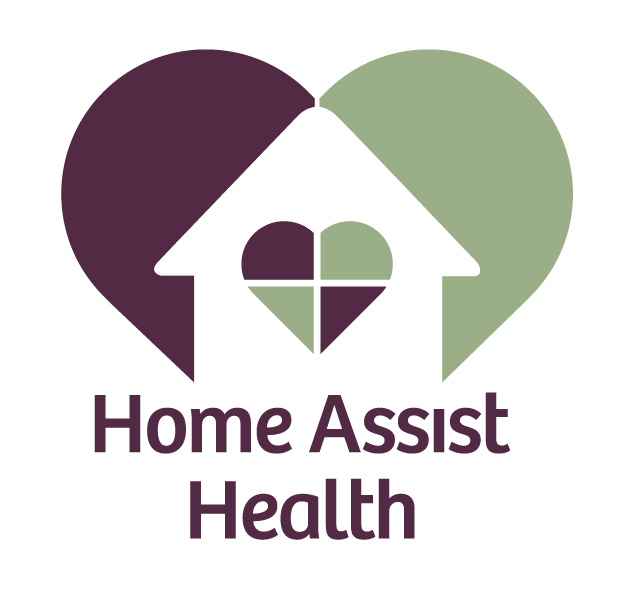Are you still working on filing your 2021 taxes? Did you know that there are certain tax deductions that can lower lower the amount of taxes you might owe or help maximize your refund?
At Home Assist Health, we wanted to share a few tax tips to help you find as many deductions as possible.
- Save all receipts
One of the most important things to do at the beginning of every year is to document all your expenses. This includes medical bills that are not covered by insurance, transportation expenses for doctor’s appointments, and even home modifications that are medically necessary.
You would be surprised what you can deduct including things like dentures, hearing aids and more. Check the IRS list of eligible medical expenses so you don’t miss anything!
- Use health care spending accounts
Flexible spending and health care spending accounts may be used to pay for medical expenses that are not covered by insurance – but only if the taxpayer is responsible for at least 50% of that person’s care. This is an important distinction and part of what makes good recordkeeping a necessity.
- Understand the IRS rules about dependents
To be claimed as a dependent, family members don’t need to live in your home for the entire year if they meet other guidelines. This includes you supporting more than 50% of their living expenses, medical care, and other care. For a non-family member, if a person lives in your home for the entire year, meets the low-income guidelines (excluding Social Security and disability payments), they may be considered a dependent for tax purposes.
However, your relationship and the individual must meet certain tests.
- The dependent must be a U.S. citizen, national or resident, or be a resident of Canada or Mexico.
- If the person is a relative, they don’t have to live with you to qualify as a dependent, but they must meet other criteria.
- If the person is not a relative, they must live with you for more than half the year, unless an exception applies.
- The person must not be claimed as a dependent by anyone else, claim any dependents of their own, or claim their own personal exemption.
- They must have a gross income of less than $4,050 per year.
- The dependent can’t file a tax return as married filing jointly unless they are filing only to claim a tax refund of income tax withheld or estimated tax payments made.
If the person you’re caring for is a parent, you have a bit more leeway in how these rules are applied.
Please Note: We advise that you should always consult a tax professional about your specific situation.
